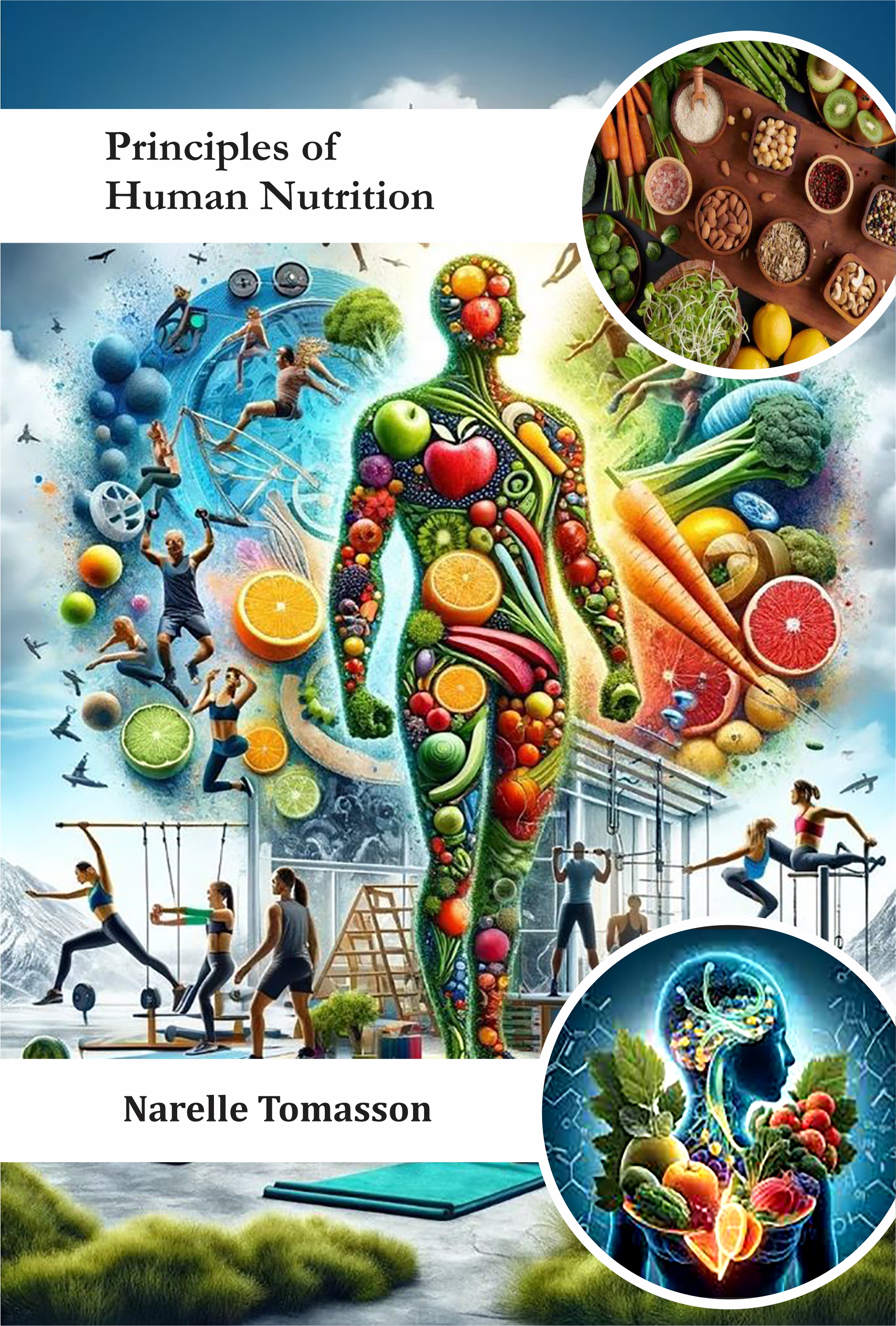This book is written as a course text for those studying degree courses in nutrition and dietetics and for students on modular courses on nutrition within other degree courses, e.g. food studies, medicine, health sciences, nursing and biological sciences. Human Nutrition is the provision to obtain the materials necessary to support life. In general, people can survive for two to eight weeks without food, depending on stored body fat and muscle mass. Survival without water is usually limited to three or four days. Lack of food remains a serious problem, with about 36 million people dying every year from causes directly or indirectly related to hunger. Childhood malnutrition is also common and contributes to the global burden of disease. However global food distribution is not equal, and obesity among some human populations has increased to almost epidemic proportions, leading to health complications and increased mortality in some developed, and a few developing countries. Obesity is caused by consuming more calories than are expended, with many attributing excessive weight gain to a combination of overeating of “unhealthy” (high fat, high sugar, high carbohydrate) foods and insufficient exercise. Nutritional science investigates the metabolic and physiological responses of the body to diet. With advances in the fields of molecular biology, biochemistry, and genetics, the study of nutrition is increasingly concerned with metabolism and metabolic pathways: the sequences of biochemical steps through which substances in living things change from one form to another. It is also of great value as a reference for professional nutritionists and dietitians, food scientists and health professionals based in academia, in practice and in commercial positions such as within the food and pharmaceutical industries.
Title : Principles of Human Nutrition
- Author : Narelle Tomasson
- ISBN : 9781995870496
- Binding : Paperback
- Price : $ 69.99
- Year : 2025
- Pages : 302
- Langauge : English
- Subject Category : Nutrition



















